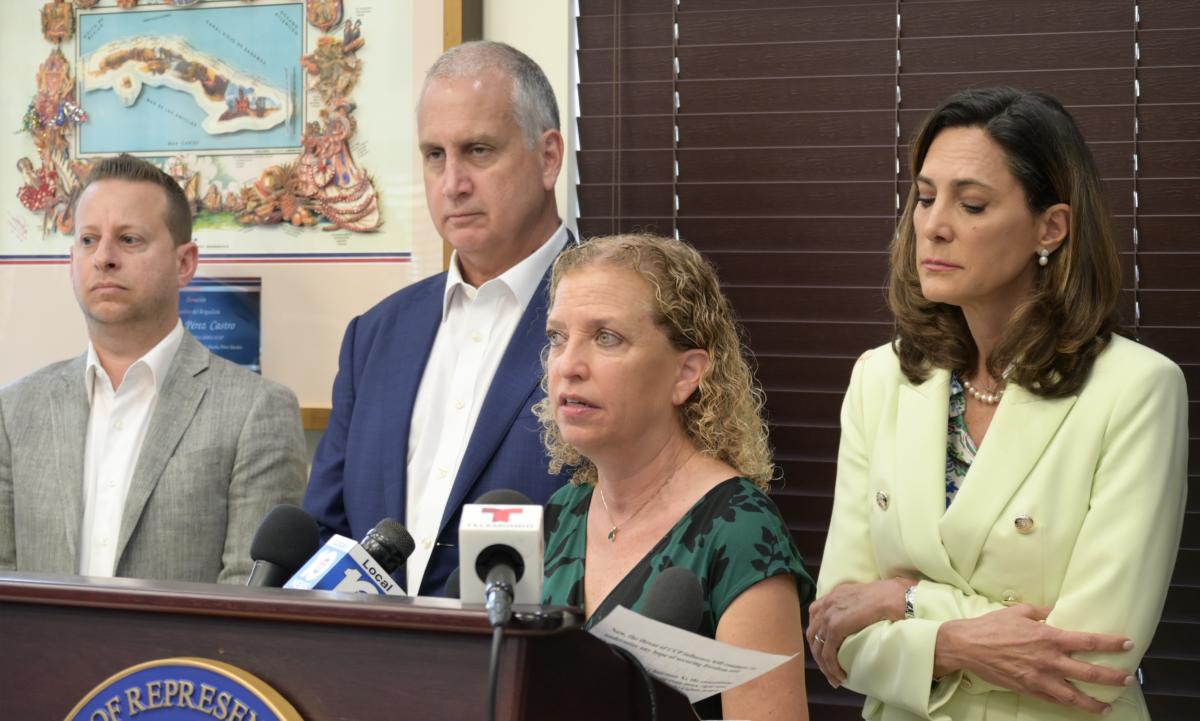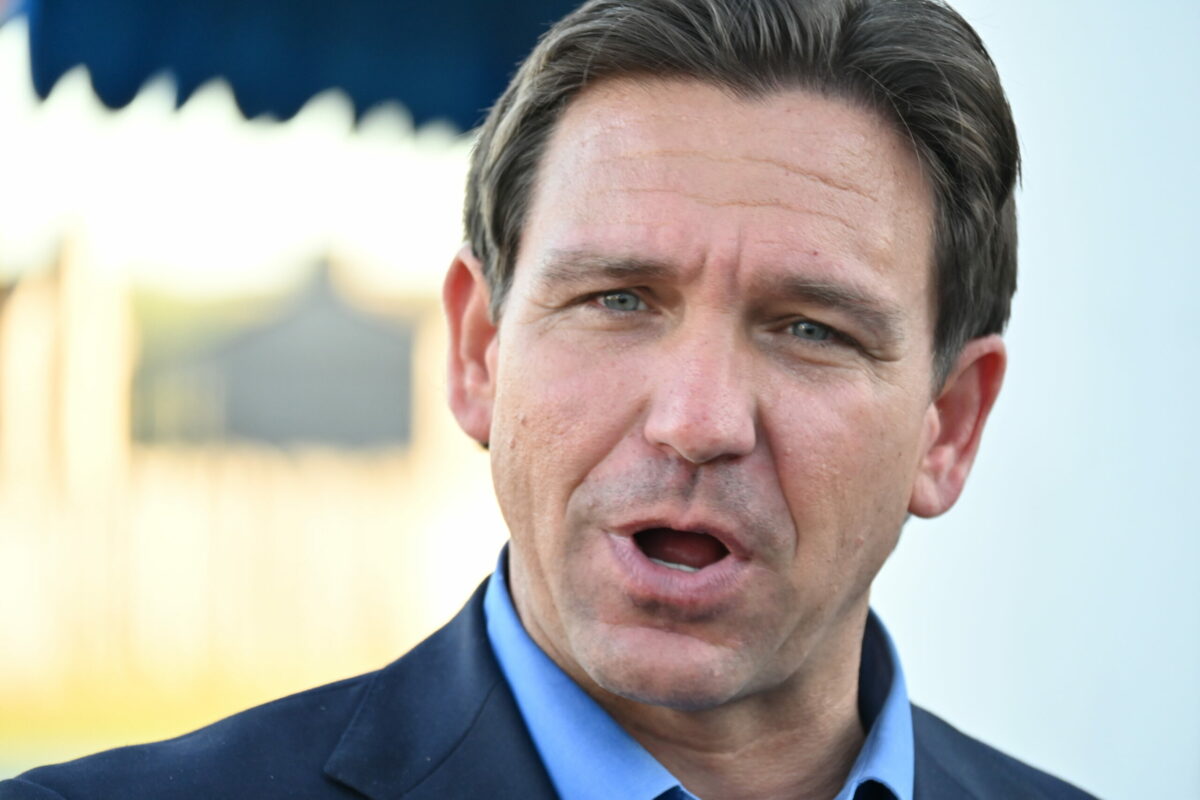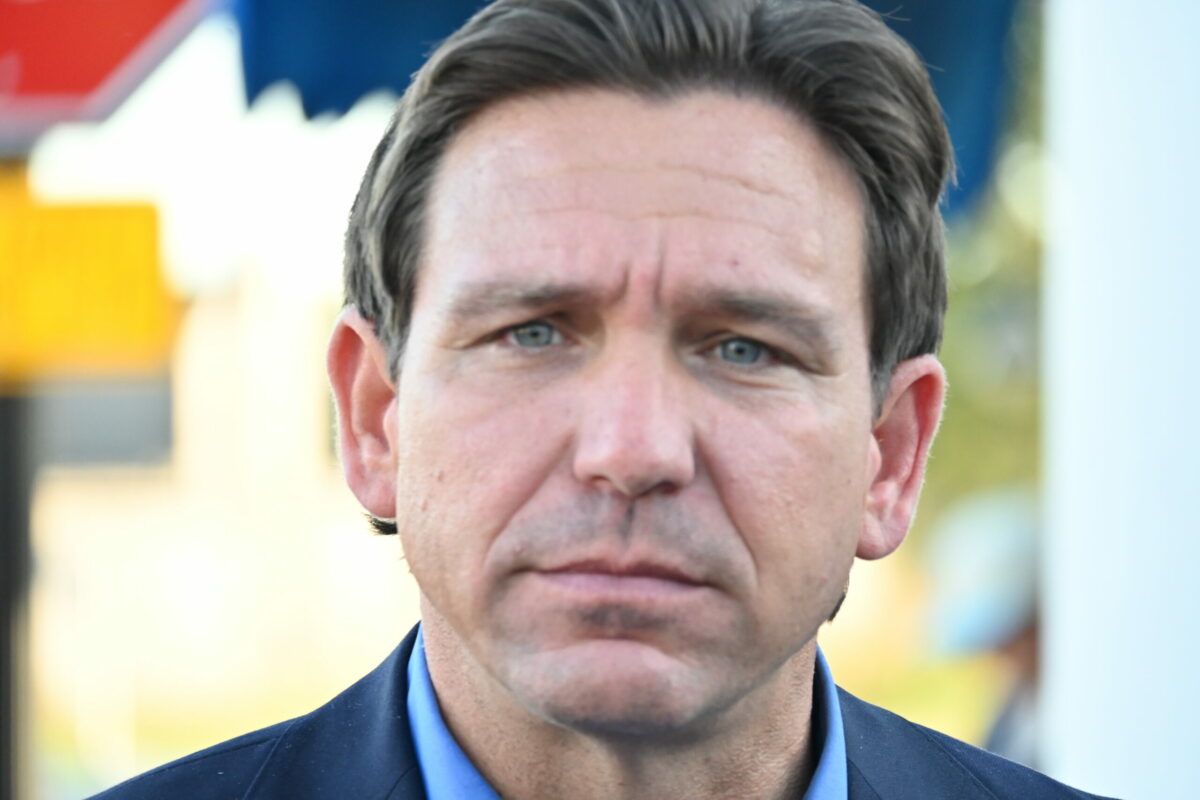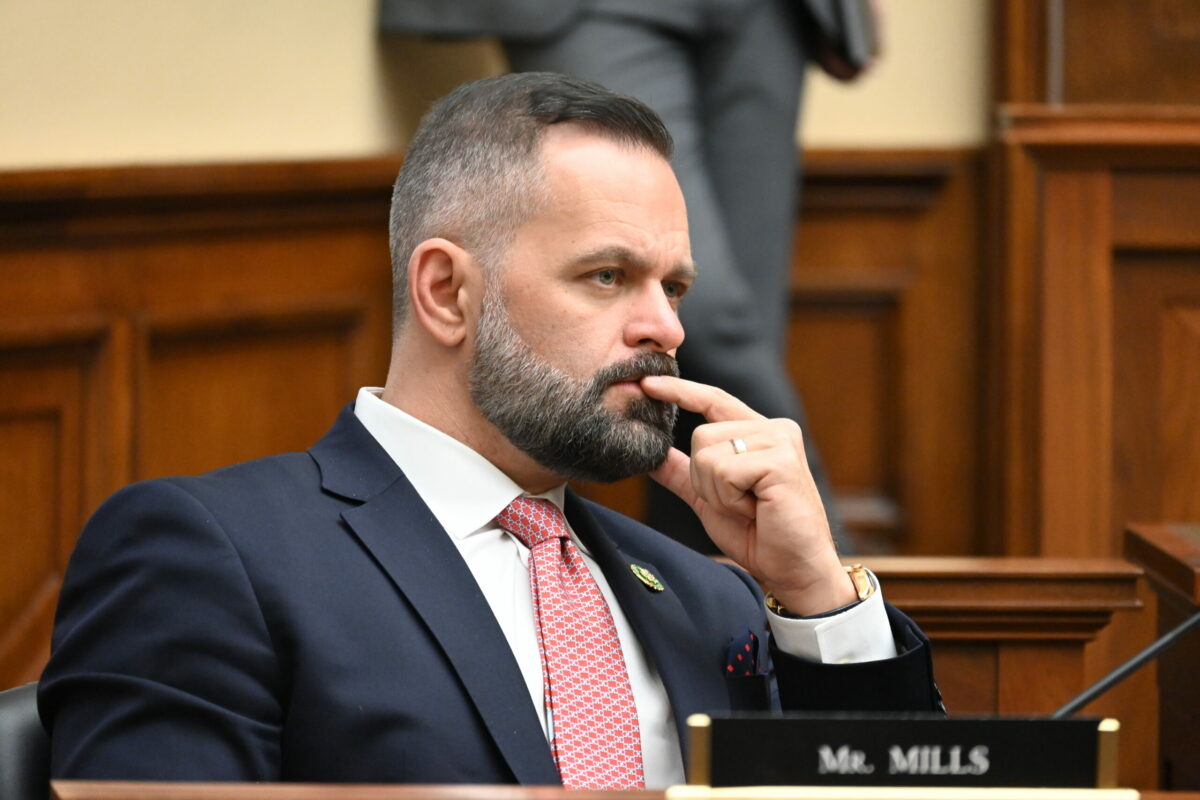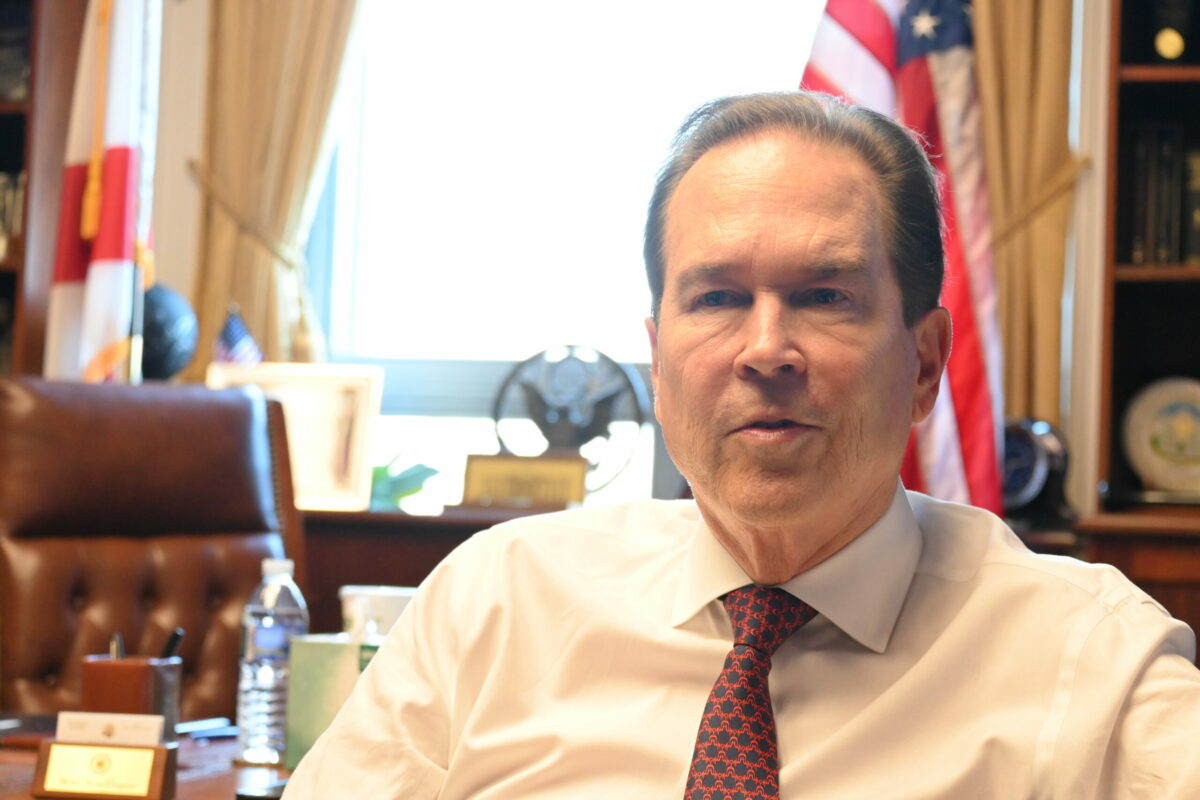As Uber and Lyft take a prominent role in the sunshine state, so does the legislation relating to them.
Florida Governor Ron DeSantis (R) signed new legislation that would enable Lyft to provide transportation services to Medicaid beneficiaries in the sunshine state.
Effective July 1st, it will authorize transportation network companies, under state and federal Medicaid requirements, and it would provide nonemergency medical transportation for Medicaid recipients.
In addition, it requires the state Agency for Health Care Administration to update its policies to reflect the authorization.
Florida Senator Jeff Brandes (R) commented on the legislation, announcing that he “was honored to sponsor this legislation, which will bring much-needed relief to thousands of Floridians struggling with the high costs of transportation and health care.”
In addition, Brandes noted that “bold ideas are the key to providing affordable solutions to our health care challenges, and the transparency and convenience offered by ridesharing companies will make a meaningful difference in the lives of many Floridians.”
Florida Rep. Daniel Perez (R) echoed in Brandes’ remarks, detailing that “Floridians deserve access to affordable, convenient transportation services, which is why I sponsored this legislation that our state has now chosen to embrace.” Furthermore, Perez expressed that “with rising costs for health care, we must do everything we can to find innovative, affordable solutions, especially for our state’s most vulnerable citizens.”
In the state of Arizona, Lyft is already an enrolled Medicaid provider.
Megan Callahan, Lyft’s VP of Healthcare, added that the company sees a natural connection between Medicaid patients in search of rides that are affordable and convenient and states that are actively trying to save money on the cost of nonemergency transportation for medical purposes.
Based on findings from an American Journal of Public Health study that was published in March of 2019, modernizing non-emergency medical transportation through rideshare is expected to generate a cost-savings of $537 million a year when nationally scaled.


